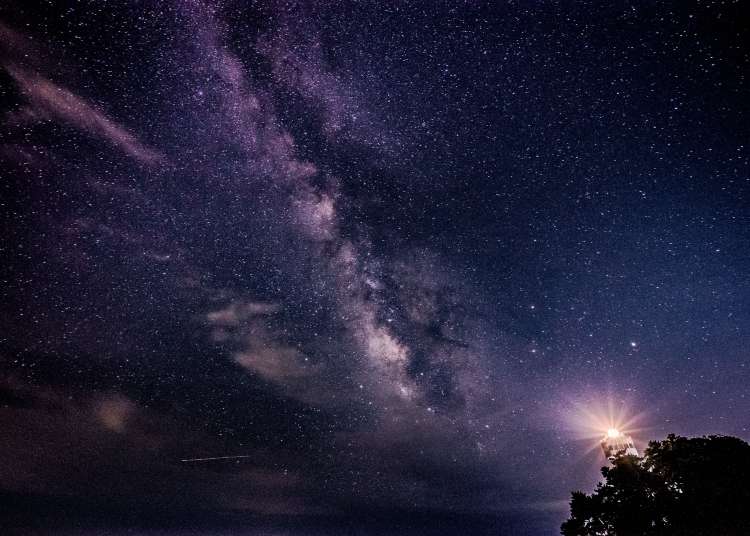
From meteor showers to eclipses to supermoons and more, 2019 is filled with many interesting astronomical events you can enjoy while in Japan! While many of the below can be seen from Tokyo, when you're out in Japan's countryside, clear skies afford a sparkling view of the heavens like no other - especially on some of the more remote islands. Here is a monthly guide to some of the more beautiful events in the heavens above Japan!
January 2019 Astronomical Events in Japan
January 1 - Conjunction of the Moon, Venus, Jupiter
Gazing up at the sky just before sunrise, you'll notice two bright objects - Venus and Jupiter - in line with the moon, making for a beautiful way to greet the New Year. Look for this impressive sight in the east.
January 4 - Quadrantid Meteor Shower
The Quadrantids are 2019’s first major meteor shower and are expected to peak during the evening of January 3 (around 11pm) and last until around dawn on January 4. Although the meteors will appear to originate in the northeastern portion of the sky, they will be visible throughout.
January 6 - Partial Solar Eclipse
The Sun, Moon, and Earth will align in a way that the moon will partially cover the Sun's disk, resulting in a partial solar eclipse. The eclipse will start at 8:43am in Tokyo, reach maximum at 10:06am, and finish at 11:36am. The more north you are, the greater the amount of the sun will appear eclipsed. Although the eclipse will be viewable from Okinawa, it will be more outstanding in Hokkaido.
*Note that you can only safely view this eclipse with appropriate equipment! Do not attempt to look directly at the sun or you will damage your eyes.
January 6 - Venus at Greatest Western Elongation
January 6 is has a double show in store! Venus will reach its greatest eastern elongation - and will be an excellent time to see our planetary neighbor. Look for bright Venus in the eastern sky before sunrise.
January 21 - Supermoon
The full moon on this evening will look a little larger than usual.
January 21 - Total Lunar Eclipse
A total lunar eclipse will also occur on this date, but will not be visible from most of Japan.
February 2019 Astronomical Events in Japan
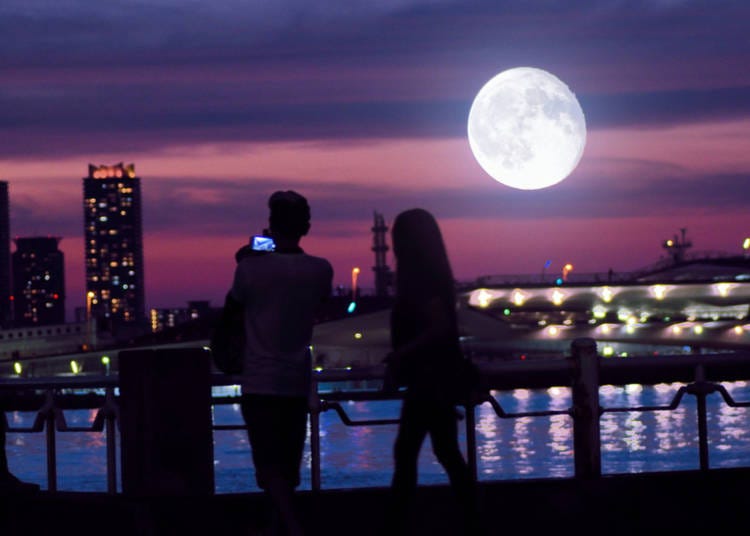
February 5: New Moon
February 20: Supermoon
Gaze outside just before 1am on February 20 and you'll be in for a treat: the moon will appear to be giant. Huge! In fact, this will be 2019's biggest full moon!
March 2019 Astronomical Events in Japan
March 7: New Moon
March 21 - Spring Equinox
The spring equinox will occur around 6am this day, when the sun shines directly on the equator and there are almost equal amounts of day and night. (It is also be a national holiday in Japan!)
March 21 - Supermoon
Last of the supermoons for 2019, the moon will appear to be somewhat larger this evening.
April 2019 Astronomical Events in Japan
April 5: New Moon
April 19: Full Moon
April 22 & 23: Lyrid Meteor Shower
The Lyrid meteor shower is expected to peak between April 22 and 23, with most of the activity happening after midnight. However, since the moon will be bright in the vicinity, viewing may be somewhat difficult.
May 2019 Astronomical Events in Japan
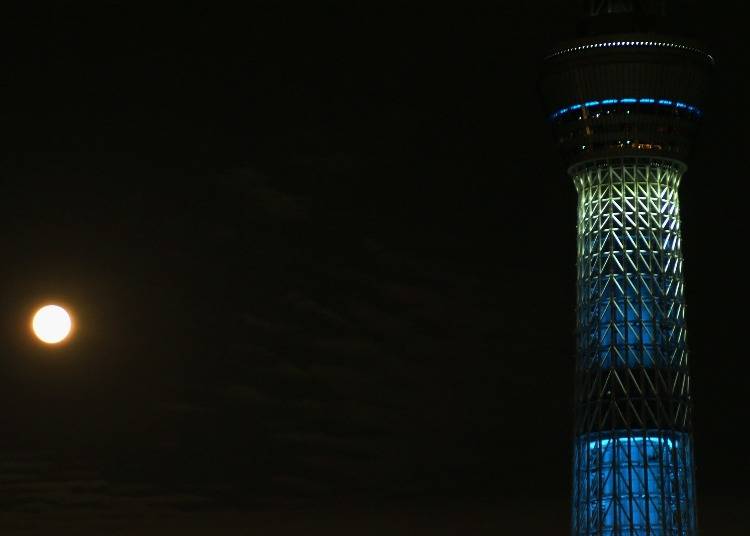
May 5: New Moon
May 6-9 - Eta Aquarids Meteor Shower
The Eta Aquarids meteor shower 2019 is expected to peak between 2-5am on the 6th.
May 19 - Blue Moon
You know the expression "once in a blue moon"? Well, May will have exactly that! A typical astronomical season will have three full moons; however, occasionally a season can contain four full moons - and May 19 is that day.
June 2019 Astronomical Events in Japan
June 3 - New Moon
June 17 - Full Moon
June 22 - Summer Solstice
The summer solstice occurs today - marking the first day of summer!
July 2019 Astronomical Events in Japan
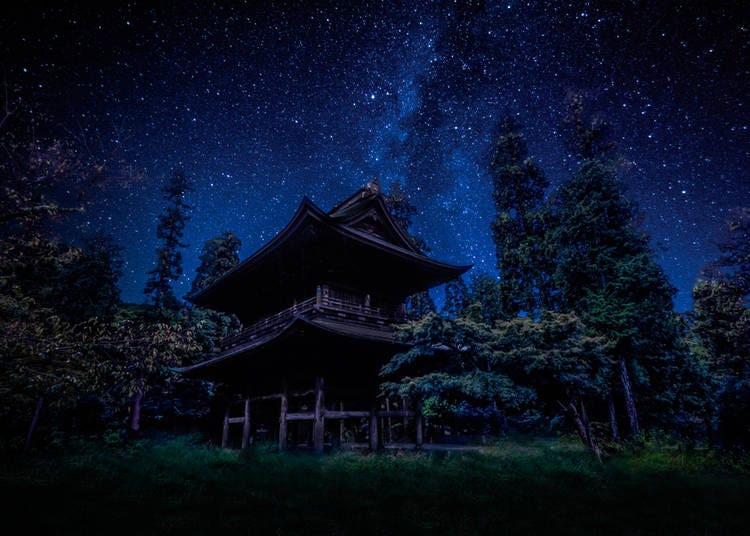
July 3 - New Moon
July 17 - Full Moon
July 17 - Partial lunar eclipse
This eclipse will only be viewable from the more southern regions of Japan, including Kyushu and Shikoku.
July 30 - Southern Delta Aquariids
Kicking off the summer meteor shower are the Southern Delta Aquariids! Peaking this day, they will be viewable for about 3 days before and after, with best visibility around midnight.
August 2019 Astronomical Events in Japan
August 1 - New Moon
August 7 - Traditional Tanabata
Tanabata is an annual holiday based on a Chinese legend of two star-crossed lovers, Princess Orihime and Hikoboshi, who were separated by the Milky Way and only able to meet once a year on July 7th.
August 12 & 13 - Perseid Meteor Shower
The Perseids are known as the most active and brightest meteor showers of the year. Anticipate they will be starting from around 4pm. The moon will be quite bright, making for relatively poor viewing, but you might get lucky!
August 15 - Full Moon
August 30 - New Moon
September 2019 Astronomical Events in Japan
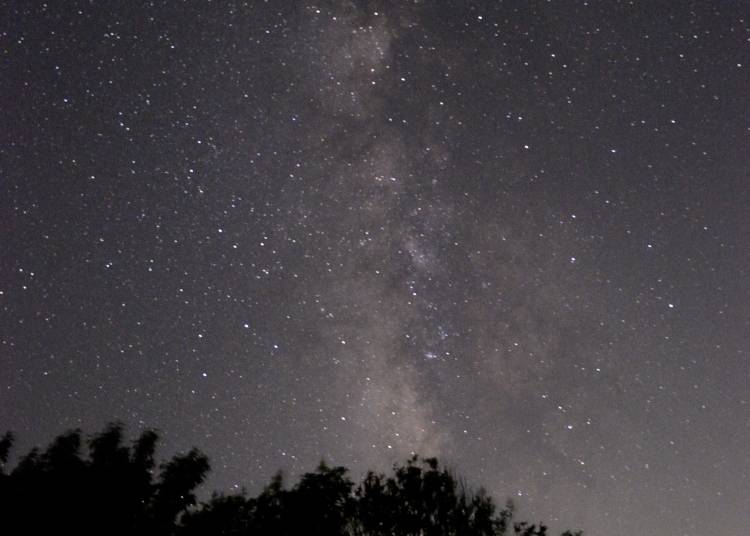
September 14 - Mid-Autumn "Minimum" Moon
Just as 2019's fullest moon was seen on February 20, the "smallest" full moon will be around 1:30pm this day, when the moon is farthest from the earth.
September 23 - Autumn Equinox
The autumnal equinox will occur this day, marking nearly equal amounts of day and night around the world. In Japan, this is also a national holiday.
September 29 - New Moon
October 2019 Astronomical Events in Japan
October 8 & 9 - Draconid Meteor Shower
The best time to see the shooting stars of the peaking Draconids is just before nightfall on the 9th.
October 14 - Full Moon
October 21 - Orionid Meteor Shower
The Orionids peak around October 21-22 but tend to be active between October 2 and November 7. The best time to see these beautiful shooting stars is just after midnight and before the Sun rises.
October 28 - New Moon
November 2019 Astronomical Events in Japan
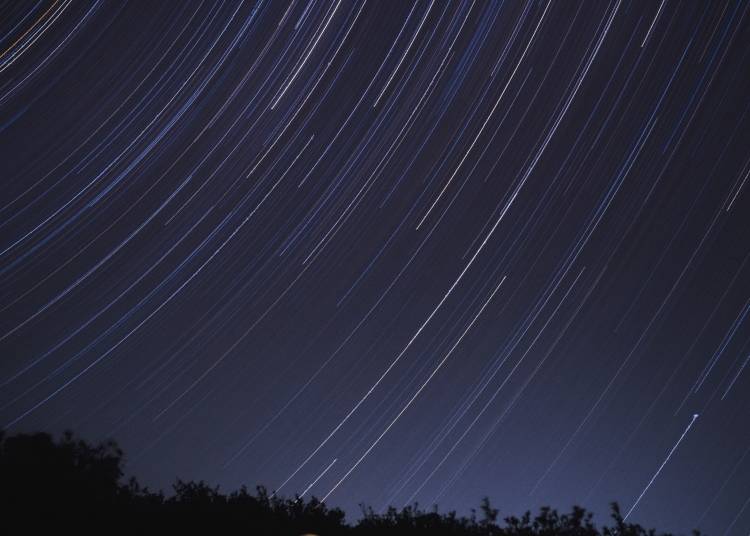
November 12 - Full Moon
November 13 - North Taurid Meteor Shower
The North Taurids will peak around midnight on the 13th, likely with only a handful of meteors visible.
November 18-19 - Leonid Meteor Shower
The Leonids are a quieter meteor shower as well, with only around 1 meteor or so per hour. The best viewing time will be in the early morning on the 19th.
November 27 - New Moon
December 2019 Astronomical Events in Japan
December 12 - Full Moon
December 14 & 15 - Geminids Meteor Shower
The Geminids are considered to be one of the most spectacular meteor showers of the year, with around 20 meteors per hour at its peak - in the evening on the 14th. Note however that as the moon will be quite bright, viewing conditions may not be optimal.
December 22 - Winter Solstice
December 22 & 23 - Ursid Meteor Shower
Catch the last major meteor shower of the year - the Ursids, when it peaks in the early hours of December 23.
December 26 - New Moon
December 26 - Annular Solar Eclipse
A partial solar eclipse can be seen from around Japan.
Important note on viewing solar eclipses!
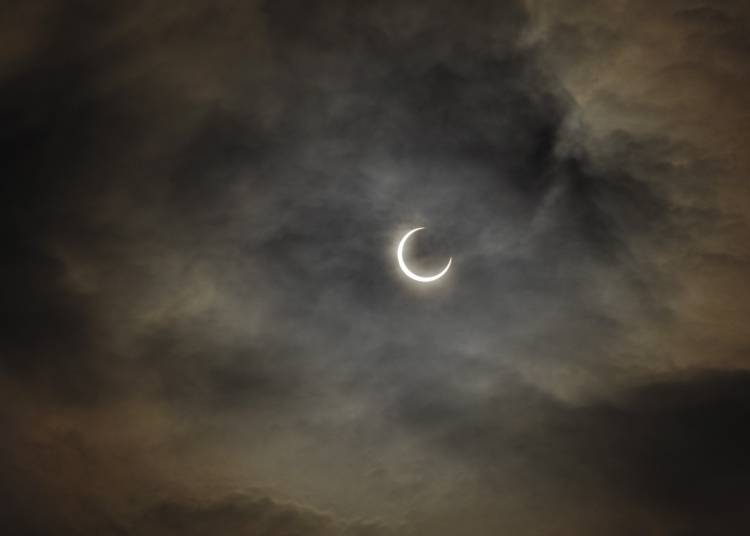
While lunar eclipses (where only the moon - and not the sun - is visible) are viewable with the naked eye, despite their beauty, solar eclipses are dangerous to the naked eye and special viewing equipment is necessary. Never look at the sun directly - even with sunglasses! Instead, ahead of a major solar eclipse you will find eclipse glasses for sale in many variety shops around the country. Safety first!
Information in this article according to the National Astronomical Observatory of Japan
- Area
- Category
*Prices and options mentioned are subject to change.
*Unless stated otherwise, all prices include tax.
Popular Tours & Activitiess
Recommended places for you
-
Ad

Discover the "Miraculous Forest" in the Heart of Tokyo: The Institute for Nature Study (9 Minutes from JR Meguro Station)
-

New in Ginza! Air BicCamera Ginza Opens with a Faster, More Convenient Shopping Experience
by: Guest Contributor
-

Jujutsu Kaisen Takes Over JR East With a Wrapped Shinkansen This Winter
by: Guest Contributor
-

These Tokyo Subway Stamps Are Free, Exclusive, and Weirdly Addictive
by: Guest Contributor
-
Ad

[Tokyo, Ueno] Journey to the Sacred Grounds of the Tokugawa Shoguns: Join the "EDO SHOGUN’S LEGACY TRAIL TOUR" – Where Special Access, Modern Art, and Digital Innovation Converge
by: Guest Contributor
-

Only in Tokyo? A Legendary Manga Artist's New Masterpiece Is Hiding Underground
by: Guest Contributor
Inspiration for Accommodations
-

Enjoy Mt. Fuji from the Comfort of Your Room! Recommended Ryokan with Mt. Fuji View
-

Stay Near the Cherry Blossoms! Hotels for Cherry Blossom Viewing in Tokyo
-

Family-Friendly Hotels with Free Shuttle to Disneyland: Convenient Access for a Magical Stay
-

Top Ranked Hakone Hotels with Mt. Fuji View: Enjoy Stunning Scenery from Your Private Space
-

Convenient Tokyo Hotels with Airport Shuttle: Ideal for Families and Heavy Luggage
-

Stunning Tokyo Tower View Hotels: Enjoy Spectacular Scenery from Your Private Space
-

Convenient Asakusa Hotels with Kitchens: Ideal for Extended Family Visits
-

Experience Luxury: Hakone's 10 Best Five-Star Accommodations
-

Enjoy Mt. Fuji Autumn Leaves! Top Hotels Near the Popular Autumn Leaves Corridor
-

Experience Hakone Fall Foliage from Your Room with Stunning Views
-

Tokyo Events: Celebrating Earth Day Tokyo 2018
-

Typhoon Safety Guide: What Tourists Need to Know When Visiting Japan
-

Ultimate Tokyo Transit Guide: JR, Subways, and Private Railways Explained, Plus Suica/PASMO and Money-Saving Passes
-

10 Top Tourist Spots and Attractions near Tokyo: Day Trip to Enjoy History & Nature
-

Kichijoji – Explore Tokyo’s Top-Rated Stylish Suburb in Half a Day!
-

Numazuko Kaisho in Ueno: Good Quality, All-You-Can-Eat Seafood for Just US$12!?
- #best ramen tokyo
- #what to buy in ameyoko
- #what to bring to japan
- #new years in tokyo
- #best izakaya shinjuku
- #things to do tokyo
- #japanese nail trends
- #what to do in odaiba
- #onsen tattoo friendly tokyo
- #daiso
- #best sushi ginza
- #japanese convenience store snacks
- #best yakiniku shibuya
- #japanese fashion culture
- #best japanese soft drinks



















